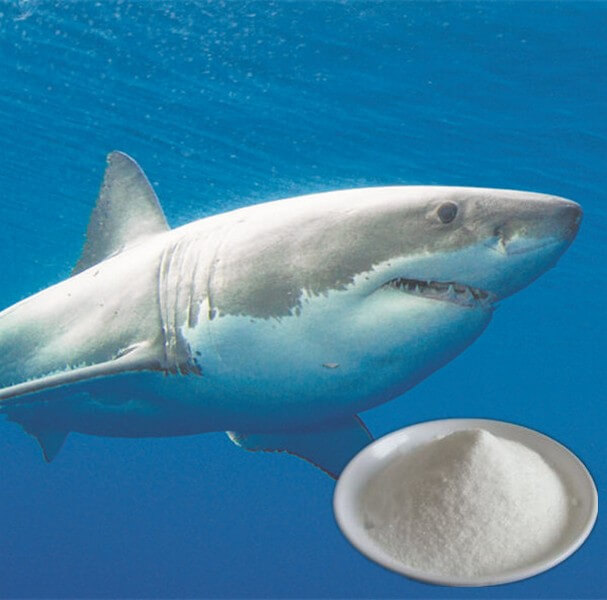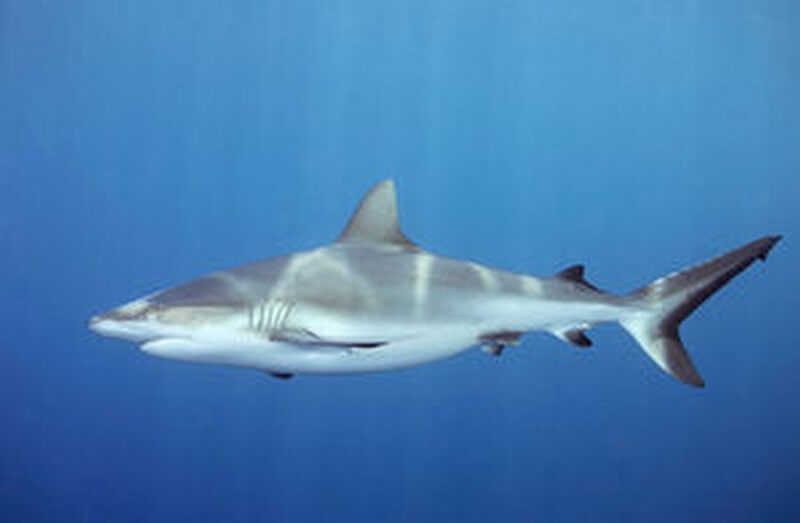
Can Sharks Help Cure Cancer?
Contrary to the song:”…what is it good for, absolutely nothing” Sharks have surprised us yet again, with yet another reason to keep them around for generations and generations! What is this new reason; well, sharks are helping find a cure for cancer! That’s right, you heard me, helping towards finding a cure for cancer, amongst other debilitating and fatal diseases! Talk about an about turn; from man-eating killing machine to life saving benevolent being!
Sharks constantly find themselves having to defend themselves, from other sharks, humans and even prey. The Sharks’ battle tested immune system has held them in good stead over hundreds of millions of years, and now scientists may have discovered new ways of tapping into their superpowers.
Shark Cartilage Pills would treat cancer – lie!
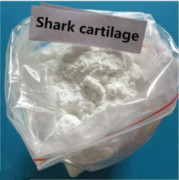
Having said this, what has been found, is that unique tiny antibodies found in sharks could deliver treatments into human cells. The nanobodies are about half the size of regular antibodies, allowing them to work deep in to cellular tissue where regular antibodies cannot reach. Compared with traditional antibodies, nanobodies show obvious advantages: higher affinity, higher solubility, higher domain stability, smaller size (~15 kda) and recognition of hidden antigenic sites, reduced aggregation tendencies, more easily expressed in microorganisms.
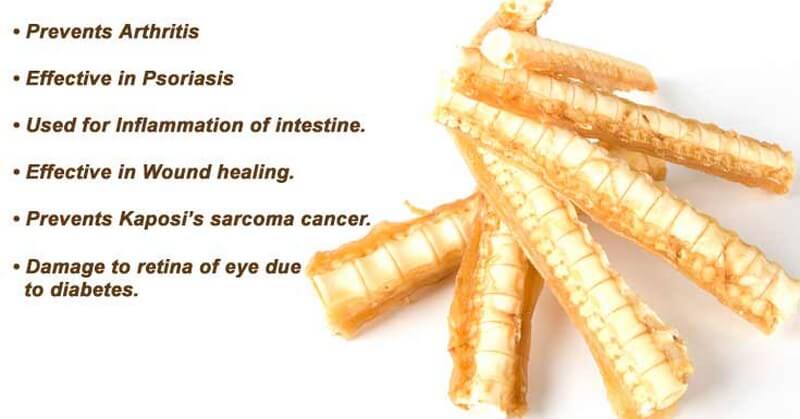
Nanobodies.
In recent years, there has been great interest in the study of nanobodies for their unique characteristic structure and for being the ideal candidate for the development of sophisticated nanobiotechnologies in various fields. In basic research, nanobodies are developed into a number of research tools such as affinity purification, gene activation or inactivation and immunoprecipitation, to mention a few. Due to the nanoscopic size and high affinity against intracellular signaling molecules, nanobodies and their imitative formats are used as nanotracer in intracellular bioimaging. In addition, nanobodies are applied in disease diagnosis, for example, molecular diagnosis for breast cancer. The application of nanobodies in targeting therapeutics is still in the early stages of development, but shows good prospects in the therapy of acute thrombotic thrombocytopenic purpura, infectious disease, rheumatoid arthritis, central nervous system disease, breast and ovarian cancers and the list continues. Not only are nanobodies used for medical benefits, but are also used to be enzyme inhibitors to increase starch content and also to do food testing in agriculture.

These miniscule antibodies have only been found in sharks, lamas and their relatives, such as stingrays. Again, it is important to reiterate that NOTHING is gained from ingesting any shark product, and the same goes for rhino, elephant and the like! And best of all, these nanobodies are harvested by the drawing of blood and not the slaughter or maiming of sharks!

The role of small antibodies is not fully understood just yet, but it is believed that they serve an important role in a sharks’ impressive immune system! Sharks have the fastest biological response to injury as seen when a coating of cells beginning to grow over a wound within just hours!
Nanobodies and Human Trials.
The first approval for human trials making use of the nanobody treatment is expected in some countries, where the treatment will be used to combat a rare clotting disease. While more than 40 other therapies are in the works to treat everything from Lupas to Cancer!
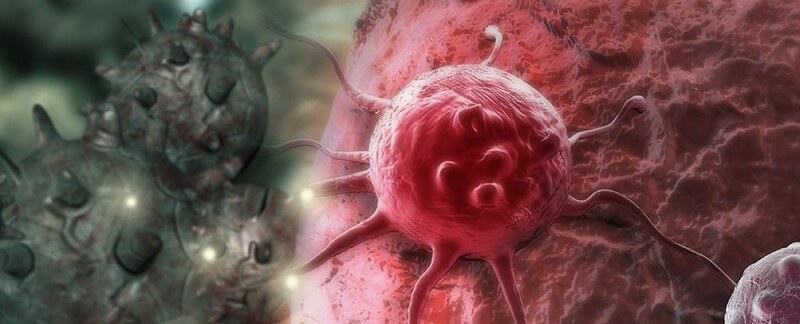
Another team of scientists in Florida, are getting closer to understanding the sharks’ fine-tuned immune system using genomics to decode millions of years of the species survival, they have mapped the entire Great White Shark genome. But researchers have only scratched the surface, adding to the importance of keeping sharks around for generations to come!
If you have read my other blogs, you will know that this is not my usual blog topic, and no, I have not all of a sudden received a scientific research or medical degree, but rather, I must give credit to the internet and various medical and scientific websites for the information as found above.
So come and meet these fantastic, potentially lifesaving creatures, face to face, and join us for a cage dive out of Simons Town!
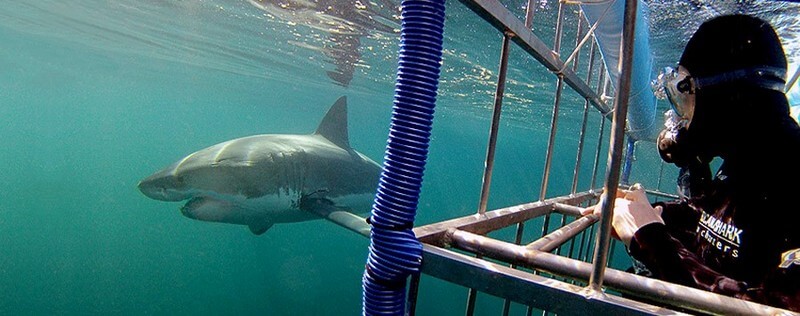
Till we meet again, keep that toothy grin!

By Nadine Bentley

